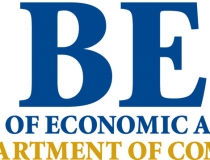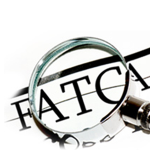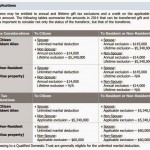Offshore Enforcement to Remain Top Priority in 2015
Practitioners and students of tax crimes know that most of the commonly charged tax crimes have an element of willfulness which the Supreme Court interpreted in Cheek to mean a voluntary intentional violation of a known legal duty.
The reality however, is that some tax crimes do not have an explicit requirement of willfulness but have an equivalent element that substantially overlaps willfulness. E.g., Section 7212(a)’s requirement that the defendant act corruptly and even the defraud conspiracy in 18 USC 371. See John A. Townsend, Tax Obstruction Crimes: Is Making the IRS’s Job Harder Enough, – Hous. Bus. & Tax. L.J. 255, 277-314 (2009), here.
As tax professionals, it is critical that we keep as close to the IRS as possible to understand how they view and interpret certain situations. In this effort, here’s an extract copied directly from the very popular Federal Tax Crimes blog –
A recent Tax Notes Today article reports on the Criminal Fraud and Tax Controversy Conference in Las Vegas, sponsored by the American Bar Association Section of Taxation. Ajay Gupta, Offshore Enforcement to Remain Top Priority in 2015, 2014 TNT 240-6 (12/13/14), no link available. Here are some key points from the article:
Offshore
1. “The information flow from the [DOJ Swiss Bank] program “is good,” according Acting DAAG Tax Larry Wsalek.
2. On the Streamlined program, David Horton LB&I director for international compliance, said that there are differences between the OVDP and Streamlined, particularly noting to Streamlined “requires a certification of non-willfulness, and a false certification could lead to possible criminal liability.“
3. On the certification statement of reasons for noncompliance, Horton said that a “conclusory statement” will not suffice and that there is not a “checklist on willfulness.”
4. “He ]Horton] warned of ‘a lot more John Doe summonses’ in the next 12 to 24 months, in other parts of the world and ‘beyond banks.’ The focus will be on intermediaries, he said, referring to those who promoted or facilitated transactions for stashing money abroad.”
5. John McDougal, IRS special trial attorney, a major IRS player in the offshore initiative, noted that, unlike UBS, “most foreign financial institutions don’t have a presence in the United States,” thus requiring that Agents “piece together a picture of evasion based on records of transactions in correspondent banks.”
6. Horton indicated that the IRS was aware of but did not have a current solution for the difficulty and delay of U.S. citizens abroad most of their lives not have as SSN and unable to get one in a decent time period, thus delaying their OVDP or Streamlined.
Non-Offshore
7. Away from the offshore initiative, identify theft is “the leading concern.
8. Anecdotally, a prosecutor from the Los Angeles area said that IRS CI was focusing on cybercrimes, transactions in bitcoin and transactions on “on eBay and other online-only businesses.”







